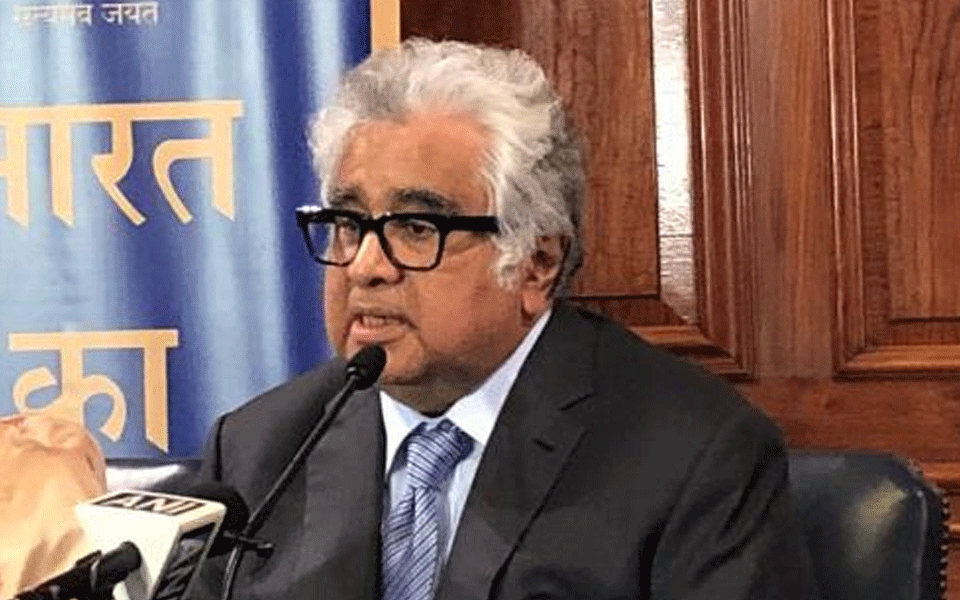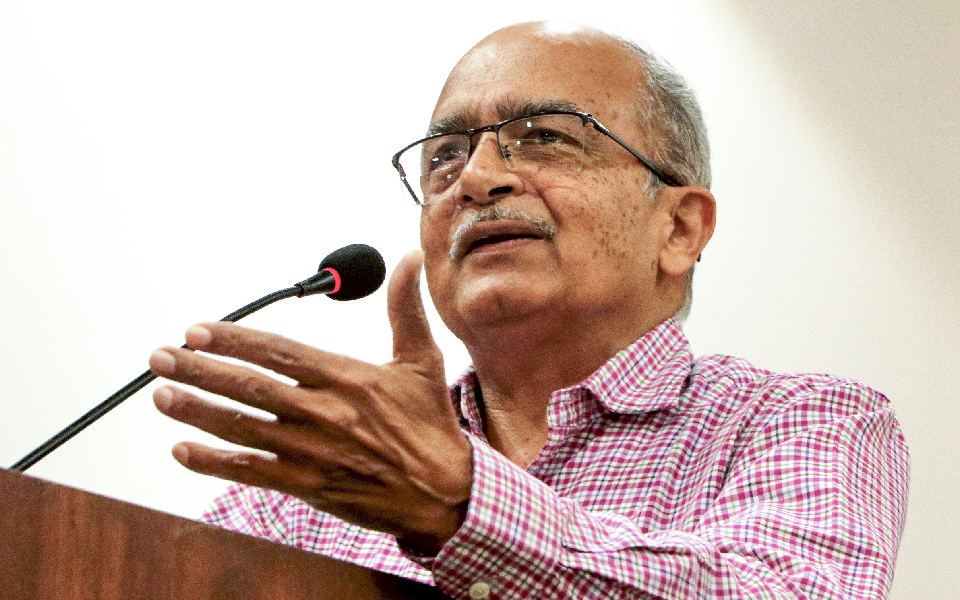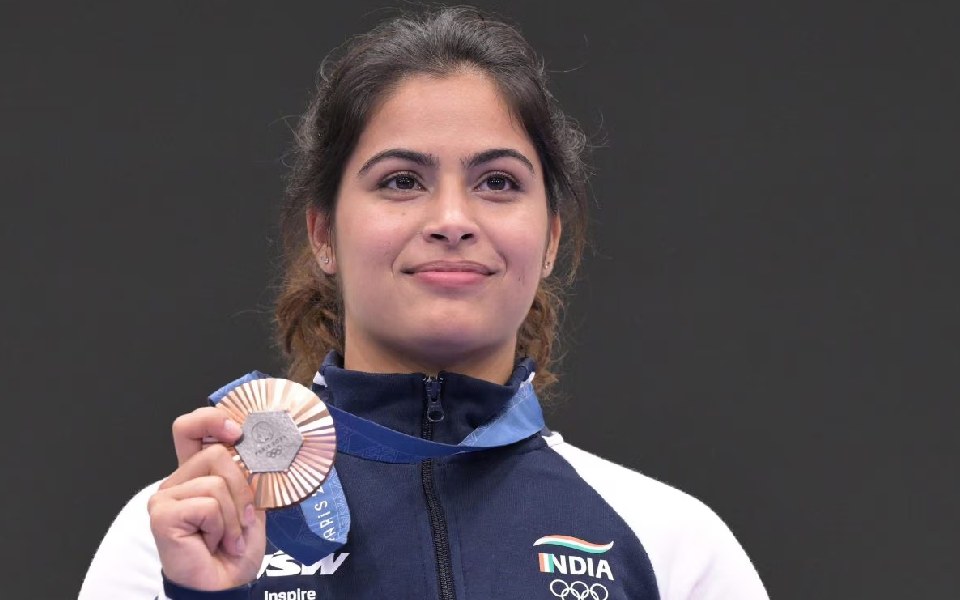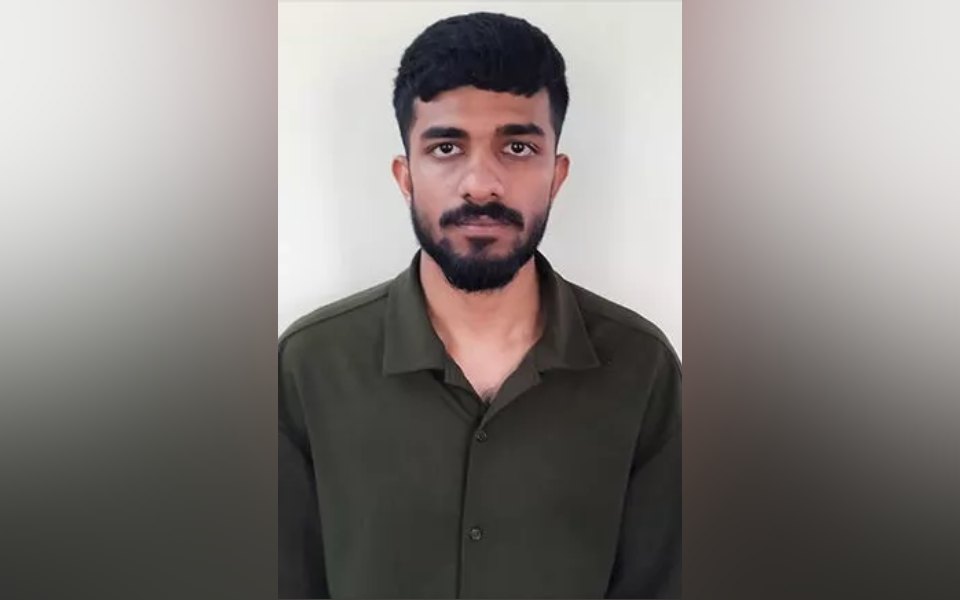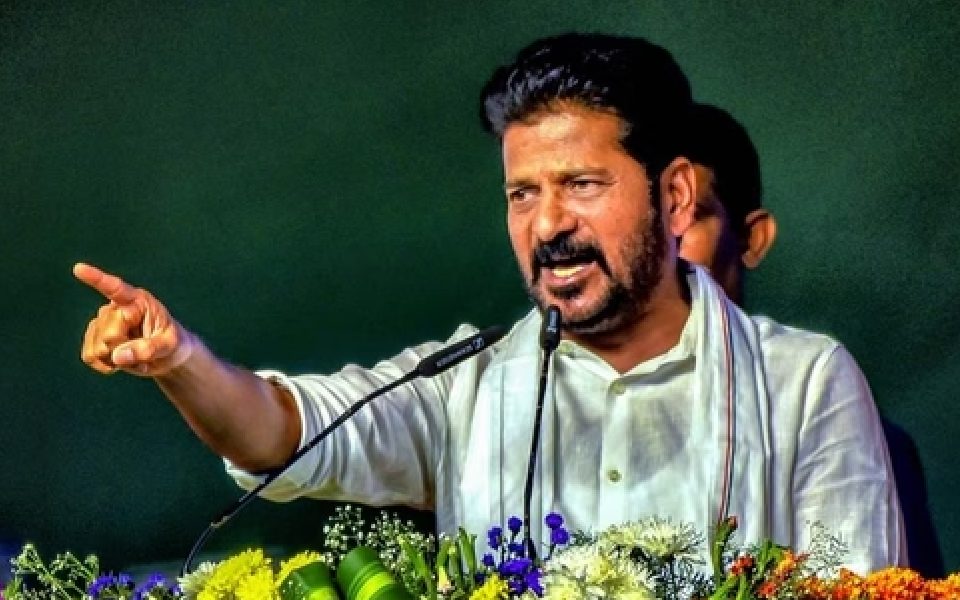Ahmedabad: Senior Supreme Court lawyer Harish Salve has said courts must be open to public scrutiny and criticism as "institutions of governance".
Addressing a lecture organised in Ahmedabad through video-conference on Saturday, Salve said criticism of judges, judicial overreach and the manner of functioning is not scandalising courts, and the language in which such criticism is addressed should be treated with a grin.
"We today have accepted that judges, or rather courts, and especially constitutional courts, have become institutions of governance. As an institution of governance it must be open to public scrutiny and public criticism," he said.
"We have always accepted that the decisions of courts can be criticised, including in language which may be impolite. So the decisions can be criticised. Can we criticise the decision-making process? Why not?" Salve said.
He was addressing the 16th Justice P D Desai Memorial Lecture onCriticism of judiciary, contempt jurisdiction and its use in the age of social media.
"Governance has to be under the sharp blaze of sunlight...in fact, I think a time may come when the Supreme Court may seriously consider a very large number of provisions of the Official Secrets Act, how far do they square with democracy," he said.
Most of them have fallen into disuse, said Salve, who was last year appointed the Queens Counsel for the courts of England and Wales.
To say an institution has lost its independence, to say that an institution is acting at the behest of someone, to allege corruption--that, if it is established to be untrue, is clearly undermining public faith, Salve added.
"This residue of power to deal with those who are capable of influencing public opinion...you may be in public life, influencer.
"Those are cases where courts must retain with itself this slender jurisdiction of addressing any rupture in public faith which may be caused," he said.
Salve further said "if we do need the principles of contempt, where do we draw the lines?"
The lines must be drawn in a way that the overall system of governance--the institutions and the criticism of the institutions--helps everybody march forward in this march of democracy.
"There is one area where I think judges need to be protected. And that area is casting aspersions on an institution in consistent with its character as an independent institution," the former solicitor general of India said.
He said courts need not pay heed to tweets by those who have nothing better to do but to sit with a mobile phone in their hands and pass judgments, specially on things which they do not understand.
At the same time, criticism by a politician or those who can influence public opinion raises a different issue, he said.
These are the cases "where the courts must retain with itself this slender jurisdiction of addressing any rupture in public faith which may be caused," he said.
He also said the Bar must act against judges and courts being criticised, and must deal with ill-informed criticism as a part of the system.
Let the Truth be known. If you read VB and like VB, please be a VB Supporter and Help us deliver the Truth to one and all.
Nagpur, Dec 24: Lawyer-activist Prashant Bhushan on Tuesday strongly opposed the idea of 'one nation, one election', calling it as "ridiculous and unconstitutional", and said holding simultaneous polls was impractical in a parliamentary democracy.
He also hailed the recent apex court judgements that gave a stay on lawsuits about reclaiming religious places, especially mosques, and 'bulldozer justice'.
Bhushan spoke at Parwana Oration 2024 organised here on the topic "Whither economic democracy in India' organised by Comrade H L Parwana Memorial Trust.
Answering reporters' query on 'one nation, one election' after his speech, he said, "It is ridiculous and unconstitutional because one cannot have simultaneous polls in parliamentary democracy for the reason that the government depends on enjoying the confidence of the majority in the House."
Two bills that lay down the mechanism to hold simultaneous elections were introduced in the Lok Sabha after a fiery debate last week.
"If there is a split in the party or if some people defect, then the government can fall and if the government falls and no other government can be formed then what will you do? Either you impose President's rule for the remaining term and if the central government falls, what do you do? You cannot impose President's rule there. Therefore, you will have to have fresh elections otherwise it is against democracy," he noted.
"Now, they are saying that fresh elections will be only for the remainder of the term. So how is that helping? You are now increasing the number of elections because now you are holding elections only for the remaining two years if say two years are left. This is totally bogus...There is no way this is practical and in my view this is totally unconstitutional," he said.
Equating 'bulldozer justice' with a lawless state of affairs where might is right, the Supreme Court last month laid down pan-India guidelines and said no property should be demolished without a prior show cause notice and the affected must be given 15 days to respond.
Recently, the apex court restrained till further directions the courts in the country from entertaining fresh lawsuits and passing any effective interim or final orders in pending ones seeking to reclaim religious places, especially mosques and dargahs (a Muslim shrine).
Speaking about it, he said, "We have seen that a few good things happened in the Supreme Court. One is the stay on all these suits about mosques being taken over for temples or being investigated as to whether there are temples below that or not."
"They (SC) have said that for the time being, these suits will not proceed. This is a very important development that has taken place," he said.
The other important decision is about ' bulldozer justice', he said.
"They have passed a very good judgement effectively putting a stay on it. They have also passed many judgements regarding the misuse of powers of the Enforcement directorate. ED has become the main instrument of harassing opposition leaders or activists, journalists, etc, wherein anything can be said to be money laundering and therefore ED gets into anything, whatsoever," he said.
Fortunately, in the recent last few months, there have been a number of judgements which have put brakes on the power of the ED, he added.
On a query about Finance Minister Nirmala Sitharaman's statement that 18 per cent GST will be imposed on the margin value of used car sales, Bhushan said it should be scrapped.
"I don't know whether she misunderstood what the scheme is and if this is the scheme it will have to go. It will also struck down in the court," he said.
When asked about Maharashtra Chief Minister Devendra Fadnavis' statement that pro-urban Naxal organisations supported the 'Bharat Jodo Yatra' of Rahul Gandhi, Bhushan said, "That is all absolutely bunk. I mean they call any dissenter urban Naxalite..."
Addressing the gathering earlier, Bhushan called for the need to understand the difference between 'economic democracy' and 'political democracy'.
Economic inequality has increased so much that 10 to 20 families of this country own more wealth than the bottom 50 percent people of this country together, he claimed.
"We say that we have political democracy, but is the system in the country is run by the opinion of the people?" he asked.
A lot could have been done to reduce the economic inequality by implementing progressive tax, which means that tax will increase as the income increases. Maximum personal income tax in India is around 35 per cent, which is less than most of the other countries that are regarded as capitalist countries, he said.
Secondly, progressive wealth tax could have been implemented be it one, two or three percent, but we did not apply wealth tax, he said.
Bhushan made a pitch for inheritance tax, and said corporate tax has decreased in the country in the recent past.
The government should ensure that a person lives a dignified life with basic food, education, health care and shelter, he said.

